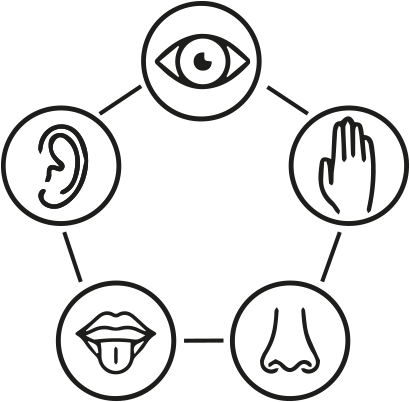Search
Analysing Media – Introduction to phenomenology as a research method
Learn to pay careful attention to your prereflective experience. In relation to specific structures in media
For analysing and discussing what this means for our mediated relation to the world, you need theoretical concepts.
Led by Ike Kamphof
Observing and representing: The history of the senses
Becoming aware of the complexity, multi-dimensionality and diversity of sensory experiences.
Led by: Dr. Alexandra Supper (DSS, coordinator)
Dr. Anna Harris (DSS), Dr. Annelies Jacobs (DSS), Dr. Jack Post (LK),
Dr. Jo Wachelder (History)
Sensory Studies of Science
In this course, we will explore the role of the senses and embodied practices in a variety of scientific disciplines and different sites of knowledge-production, and encounter the method of sensory ethnography as a tool to study the senses in the sciences.
Led by: Dr. Alexandra Supper
Exploring Senses Cards
In this student Premium project ‘Exploring senses’ students created cards and a training manual for sensory education. Premium Project are interfaculty students collaborations.
- « Previous
- 1
- 2
- 3
- Next »







